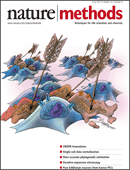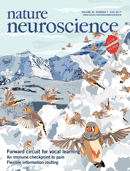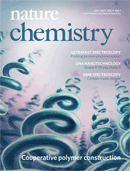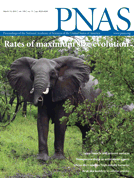 Is having money linked to bad behavior?
Is having money linked to bad behavior?
A high profile paper published in 2012 in the Proceedings of the National Academy of Sciences (PNAS) set out to answer that question — and found that yes, the more money people have, the more likely they are to lie, cheat, and steal. And the greedier they are, the worse they behave. But when a more recent paper tried to replicate some of those findings, it couldn’t.
It turns out, both the original paper and the paper that tried to replicate it contained errors. Although neither appear to affect the main conclusions, the authors of the 2016 replication recently issued a correction; the error in the 2012 paper was initially deemed too insignificant to correct, but the journal has decided to revisit the idea of issuing a correction.
A representative of PNAS told us that the replication paper — and reporting by Retraction Watch — is the reason why: Continue reading Are rich people meaner? While trying to find out, two teams find errors in each other’s work
 A biologist is crying foul at a journal’s decision to correct (and not retract) a paper he claims plagiarized his work — and one of his colleagues has resigned from the journal’s editorial board as a result.
A biologist is crying foul at a journal’s decision to correct (and not retract) a paper he claims plagiarized his work — and one of his colleagues has resigned from the journal’s editorial board as a result. Nature
Nature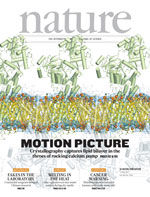


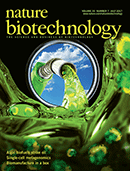 The author of a 2016 paper describing a potentially invaluable lab tool has retracted it, following heavy criticism from outside groups that could not reproduce the findings.
The author of a 2016 paper describing a potentially invaluable lab tool has retracted it, following heavy criticism from outside groups that could not reproduce the findings.